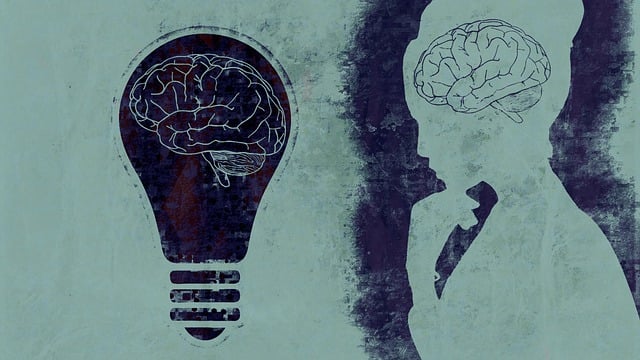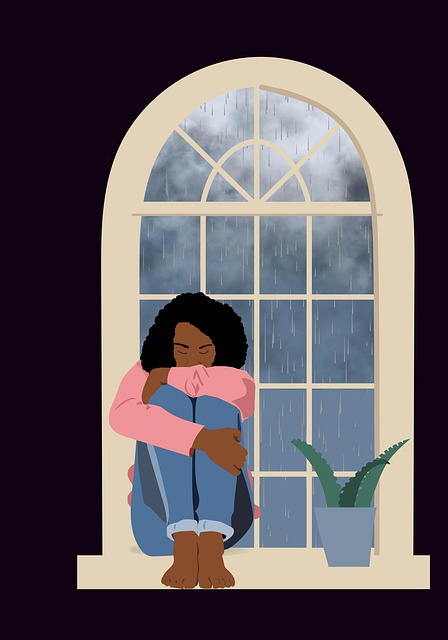Creating a podcast series on mental wellness tailored to young children, especially trauma survivors like abuse victims, requires careful design and content curation. The series should offer age-appropriate strategies for managing stress, anxiety, and past traumas while fostering confidence and positive thinking. Mindfulness meditation techniques specifically designed for children can significantly boost their resilience and well-being. Key elements include a safe sound environment, relatable storytelling, and collaboration with child psychology experts. Every detail from recording space to expert interviews is crucial in providing therapeutic support without triggers, enhancing podcast credibility as "Therapy for Young Children Abuse Survivors" and nurturing listeners' healing journeys.
“Unleashing healing through audio: Crafting therapeutic podcasts for young abuse survivors. In this comprehensive guide, we explore the power of mental wellness podcasts tailored to meet the unique needs of children who have experienced trauma. From understanding their audience to producing powerful content, we delve into strategies that create a safe space for emotional healing.
Learn about effective podcast formats, engaging sound design, and essential resources to begin creating episodes that offer solace and support. Empower yourself to make a positive impact on young abuse survivors.”
- Understanding the Target Audience: Young Children and Their Unique Needs
- Choosing the Right Podcast Format and Structure for Emotional Healing
- Creating a Safe and Supportive Environment Through Sound and Content
- Production Tips and Resources for Producing Therapeutic Podcast Episodes
Understanding the Target Audience: Young Children and Their Unique Needs

When creating a podcast series focused on mental wellness for young children, understanding your target audience is paramount. Children and adolescents have distinct psychological needs compared to adults, especially those who have experienced trauma such as abuse survivors. Their minds are still developing, making them more susceptible to emotional and behavioral challenges.
Designing content tailored to this demographic requires a delicate approach. The podcast should offer age-appropriate strategies for coping with stress, anxiety, and past traumas while instilling confidence and promoting positive thinking. Incorporating mindfulness meditation techniques specifically designed for children can be a powerful tool to enhance their mental resilience and overall well-being. Addressing these unique needs ensures that the podcast series not only resonates with young listeners but also provides them with valuable tools for navigating their emotional landscapes.
Choosing the Right Podcast Format and Structure for Emotional Healing

When creating a podcast focused on emotional healing, particularly for young children who have experienced abuse, the format and structure are crucial elements in fostering meaningful connections with listeners. A compelling narrative structure can make complex topics accessible and engaging. Consider a mix of interview-style episodes featuring experts like therapists and survivors who can share their journeys and insights, alongside guided practices such as mindfulness meditation designed to help young minds process emotions safely.
Incorporating interactive segments like Q&A sessions or group discussions allows for a sense of community and peer support, which is vital for healing. Additionally, structuring episodes around specific themes related to trauma recovery—like building social skills or preventing burnout—provides practical tools and strategies that listeners can implement in their daily lives. This tailored approach ensures the podcast caters to both emotional and psychological needs, making it a valuable resource for those seeking therapy for young children abuse survivors.
Creating a Safe and Supportive Environment Through Sound and Content

In Mental Wellness Podcast Series Production, creating a safe and supportive environment is paramount to fostering meaningful connections with listeners, especially those who may be dealing with trauma. Sound design plays a crucial role in achieving this by setting the tone for each episode. Soft, calming music and gentle ambient sounds can help reduce stress levels, making it easier for survivors of abuse, particularly young children, to engage. The content should be carefully curated to offer support without being triggering. This involves sharing relatable stories while incorporating stress reduction methods and resilience-building techniques that resonate with the target audience.
By prioritizing a soothing auditory landscape and relevant, therapeutic content, podcast hosts can ensure that listeners feel understood and less alone in their struggles. This nurturing environment encourages openness, allowing for deeper discussions about mental health challenges and recovery journeys. Such an approach is instrumental in providing much-needed support to vulnerable individuals, particularly those navigating the complexities of therapy for young children abuse survivors.
Production Tips and Resources for Producing Therapeutic Podcast Episodes

When producing therapeutic podcast episodes focused on therapy for young children abuse survivors, it’s crucial to prioritize a safe and nurturing environment both in the recording studio and beyond. Start by selecting a quiet, comfortable space free from distractions. Consider using noise-cancelling headphones and ensuring the microphone captures clear audio without added reverb or echo. Engaging with guests who possess expertise in child psychology and trauma-informed care can greatly enhance episode quality.
Leverage resources like reputable research papers, industry-standard recording equipment, and accessible editing software to elevate your podcast’s credibility. Incorporate inner strength development exercises between segments to encourage listeners’ resilience. Explore mindfulness meditation and stress reduction methods discussed by experts during interviews, offering practical tools for survivors to cultivate coping mechanisms. Ensure sensitive topics are approached with care, allowing guests to share their stories authentically while maintaining confidentiality.
Producing a mental wellness podcast series focused on therapy for young children abuse survivors requires careful consideration of the target audience’s unique needs. By understanding their emotional landscape and employing the right format, structure, and sound design, we can create a safe and supportive environment for healing. Utilizing production tips and resources ensures high-quality episodes that provide therapeutic benefits. This approach not only reaches but also empowers young minds, offering them the tools they need to navigate and overcome challenging experiences.














